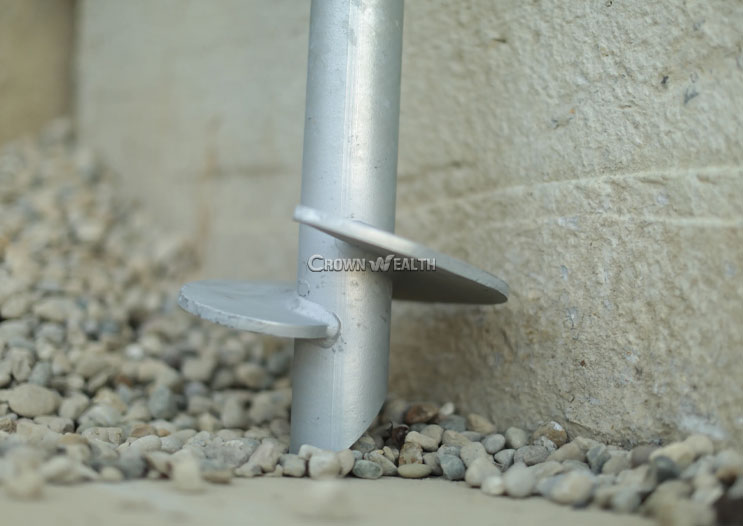Ground anchors are an essential component in many industries, providing stability and security for structures, equipment, and installations. In the power and telecom sectors, they are critical for securing utility poles, guy wires, and transmission towers, but their application extends to construction, landscaping, and even recreational purposes. This guide will walk you through everything you need to know about ground anchors, from types and applications to installation and maintenance.
Table of Contents
ToggleWhat are Ground Anchors?
Ground anchors are devices that are driven, screwed, or buried into the ground to provide support and prevent unwanted movement of structures or objects. They are used to resist forces such as wind, tension, and seismic shifts. Ground anchors can vary in size, material, and design, depending on the intended use and the environment in which they are installed.
For industries like power distribution and telecommunications, ground anchors ensure that utility poles and guy wires stay in place despite the load they bear, while in construction, they help stabilize structures.
Before explaining what is the best ground anchor, I want you to understand the types of ground anchors.
Types of Ground Anchors
Ground anchors come in several types, each designed for specific applications and soil conditions:
Helical Screw Anchors
These are commonly used in various industries due to their versatility. They feature a screw-like design that installs by screwing into the ground, providing a strong grip in a variety of soils, from clay to sand.
Cross-Plate Anchors
Ideal for loose or sandy soils, cross-plate anchors are buried underground, and their strength comes from the weight of the earth pressing down on the anchor.
Grouted Anchors
Grouted anchors are installed by drilling into hard or rocky soil and then securing the anchor with grout. They are ideal for challenging terrains that require a solid connection between the anchor and the earth.
Drive Rod Anchors
This type of ground anchor is usually driven into the ground using a rod and is used in rock or hard soil. They provide moderate holding power and are relatively easy to install.
Manta-Ray Anchor
The Manta Anchor is a tension anchor designed to be driven directly into the ground, completely eliminating digging and drilling. It can be used in a variety of soil types including moraine, calcareous layers and eroded rock, to support the telecommunications, construction and utility industries.
What is the Best Ground Anchor?
The “best” ground anchor depends on the specific application and environmental factors. However, in many cases, helical screw anchors are considered the best all-around option. Their ability to be installed without heavy equipment and their effectiveness in a variety of soil conditions make them a popular choice. Additionally, their ease of installation and removal in temporary setups, like construction projects or tenting, adds to their versatility.
For permanent installations, such as transmission towers or utility poles, grouted anchors offer the best solution in hard, rocky soils, where a firm, long-lasting connection is essential.
Ground Anchor Applications
Ground anchors have a wide range of applications across different industries:
Power and Telecom Lines: Ground anchors secure utility poles, guy wires, and transmission towers, ensuring they withstand wind, weather, and load-bearing pressures.
Construction: They are used to stabilize retaining walls, scaffolding, and temporary structures. Ground anchors provide critical support in both commercial and residential construction.
Landscaping and Agriculture: In landscaping, ground anchors hold fences, trees, and other garden structures in place. In agriculture, they can be used to stabilize greenhouse frames or windbreaks.
Recreational Use: For outdoor events and camping, ground anchors are used to secure tents, canopies, and equipment, ensuring safety in windy conditions.
Benefits of Ground Anchors
Ground anchors provide numerous benefits, including:
– Stability: Anchors ensure structures remain stable even in extreme weather conditions or when subjected to high loads.
– Versatility: With different types available, ground anchors can be used in various soil conditions, from rocky to sandy soils.
– Durability: High-quality ground anchors, especially those made of galvanized steel or stainless steel, are highly corrosion-resistant and can last for many years in outdoor environments.
– Cost-effectiveness: By preventing structural failure or displacement, ground anchors save money on potential repairs or replacements.
Why are Ground Anchors Important?
Ground anchors are vital because they provide the foundational stability needed in many industries. In the power and telecom sectors, for example, they ensure that poles and towers supporting heavy cables and other equipment do not tip or collapse, which could result in service disruptions or safety hazards.
In construction, ground anchors protect structures against shifting, which could compromise safety or integrity. They also help keep trees, fences, and other outdoor structures in place, making them crucial in landscaping and agricultural applications.
Considerations for Choosing Ground Anchors
When selecting the right ground anchor for your project, consider the following factors:
– Soil Type: Is the ground sandy, rocky, clay, or loose soil? Different anchors are designed to perform best in certain soil conditions.
– Load Requirements: How much weight or tension does the anchor need to support? Utility poles, for example, may require high-load anchors.
– Corrosion Resistance: Anchors used in outdoor environments should be made of materials like galvanized steel or stainless steel to resist corrosion.
– Installation Requirements: Some anchors require heavy machinery, while others can be installed manually. Consider the ease and cost of installation.
– Environmental Conditions: Harsh weather or seismic activity may demand stronger, more durable anchors.
Best Ground Anchor Brands
Several brands are recognized for manufacturing reliable and durable ground anchors:
– Hbcrownwealth: We are a reliable ground anchor manufacturer and exporter in China, specializing in the production of overhead line components for power distribution, telecommunications, etc. Our spiral screw anchors are made of high-quality carbon steel as raw material, and the surface is evenly galvanized to ensure its strength and corrosion resistance.
– Hubbell: Hubbell acquired A. B. Chance in 1994. Engineered for long-term stability and dependability, CHANCE anchors come in various sizes and feature exclusive anchoring techniques and designs.
– MacLean Power Systems: Specializes in anchoring products for power distribution, telecom, and other industrial applications.
Installation and Maintenance
Installation
Installation methods vary depending on the anchor type:
– Helical Screw Anchors: Installed by twisting or screwing them into the ground, often requiring specialized machinery for larger projects.
– Grouted Anchors: Drilled into the ground and secured with grout. This method requires precise equipment for drilling and grouting.
– Drive Rod Anchors: These are hammered into the ground using a rod and can be installed manually or with small equipment.
Maintenance
Regular inspections are necessary to ensure ground anchors remain secure over time. For long-term installations, especially those exposed to harsh weather conditions, periodic checks for corrosion or shifting are important. If an anchor shows signs of wear or damage, it should be replaced to maintain the stability of the structure.
Conclusion
Choosing the best ground anchor involves considering your specific application, soil type, load requirements, and environmental factors. Ground anchors play a vital role in the power, telecom, construction, and landscaping industries, ensuring structures remain stable and secure. Whether you opt for helical screw anchors or grouted anchors, the right choice will help you avoid costly structural failures and extend the lifespan of your projects.
FAQ
Can ground anchors be reused?
Yes, some ground anchors, like helical screw anchors, can be removed and reused, especially in temporary installations.
How deep should ground anchors be installed?
The depth depends on the anchor type and soil conditions, but generally, deeper installations provide more stability, especially in loose soils.
Are ground anchors affected by weather?
Ground anchors, especially those made from corrosion-resistant materials like galvanized steel, are designed to withstand various weather conditions. However, regular maintenance is recommended in extreme environments.

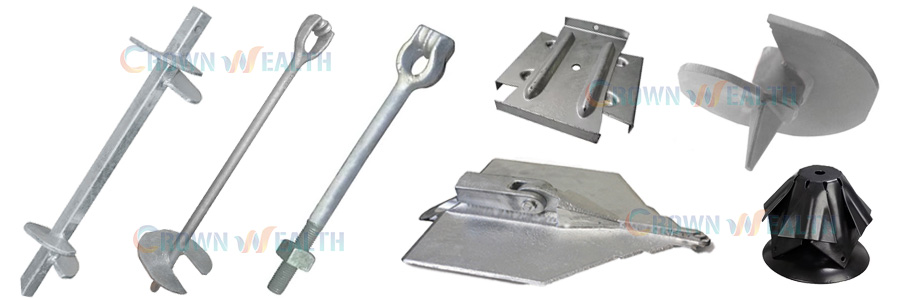
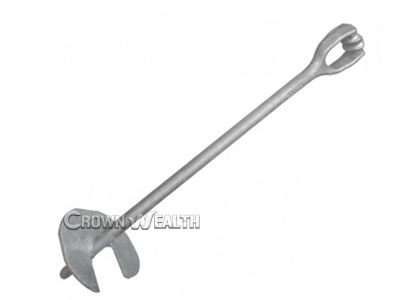
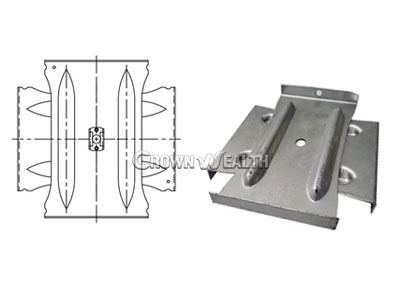
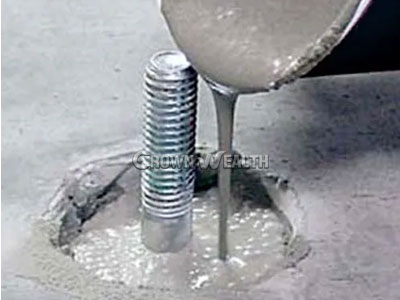
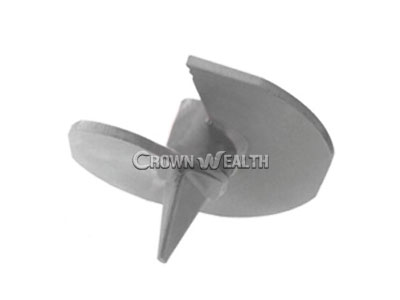
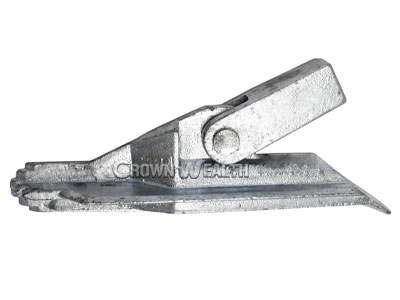
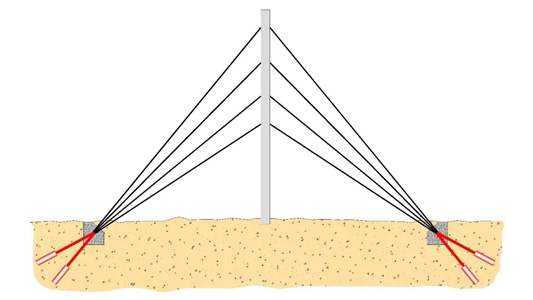
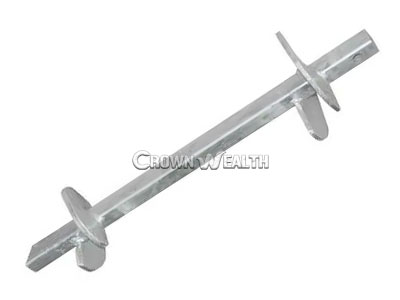
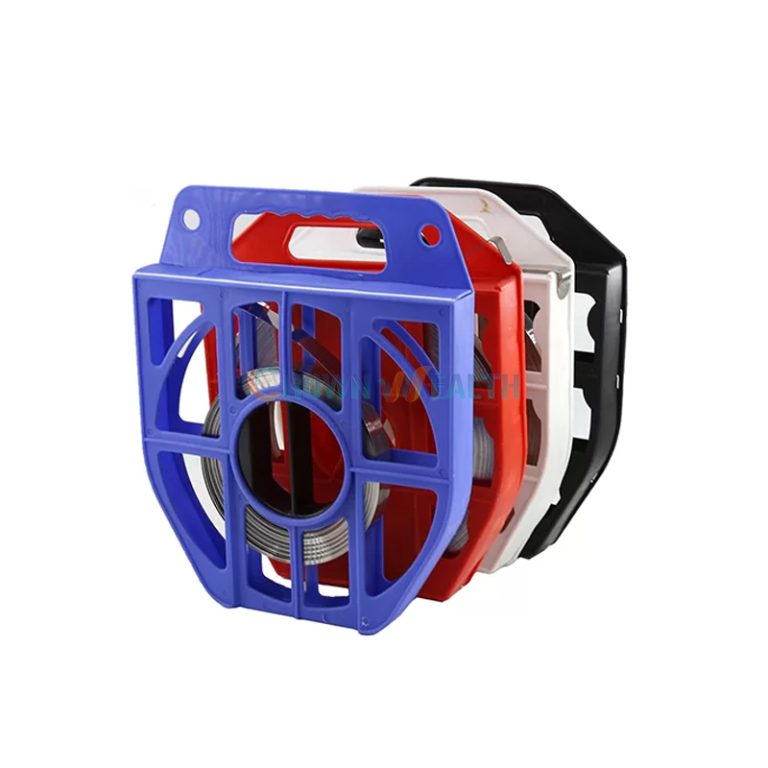

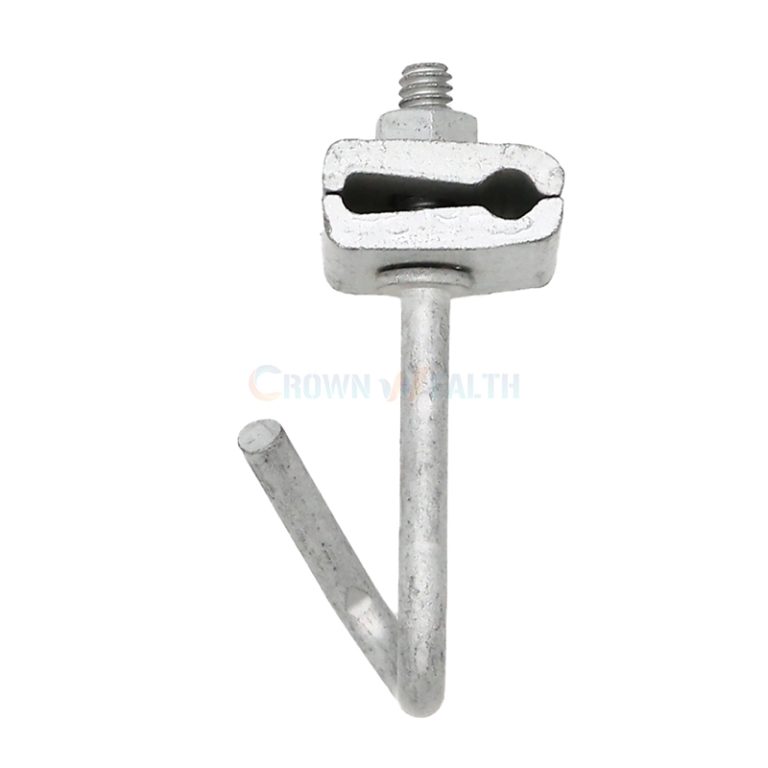
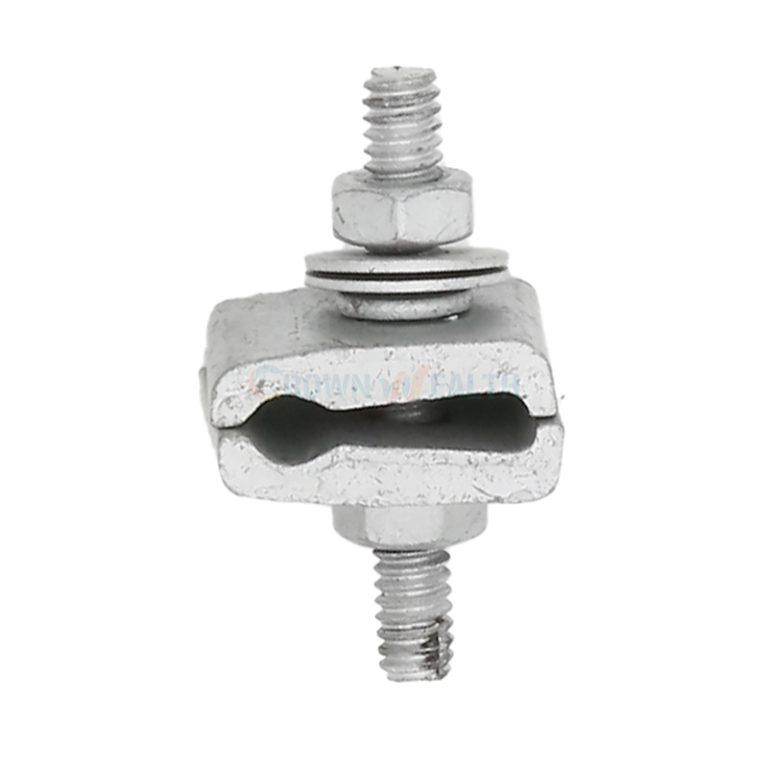
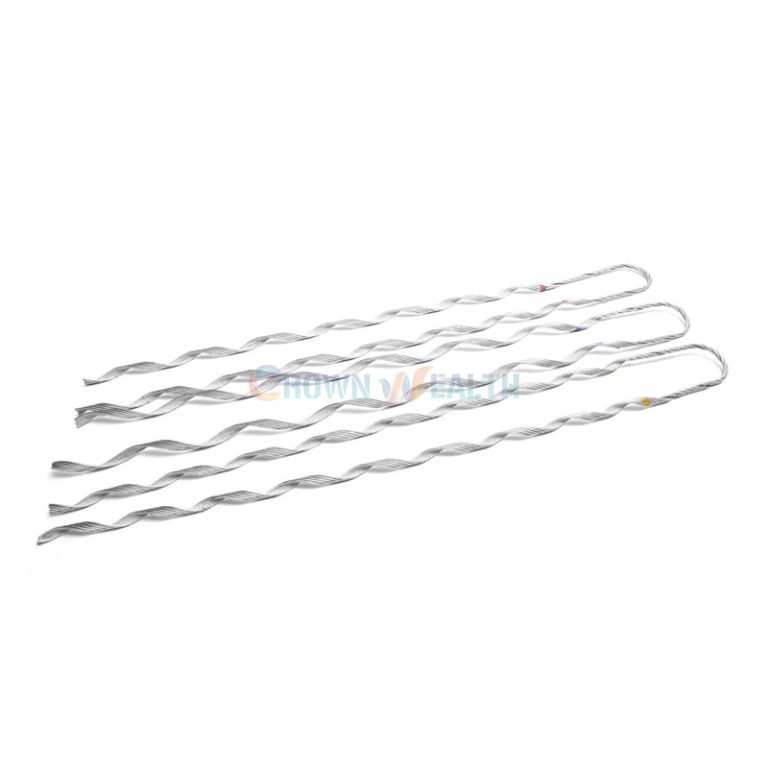
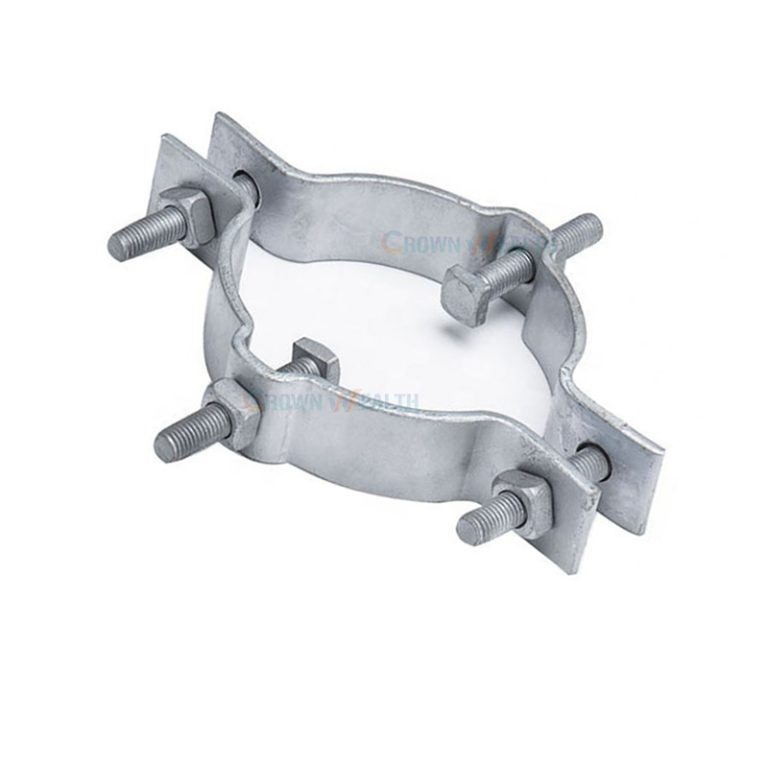
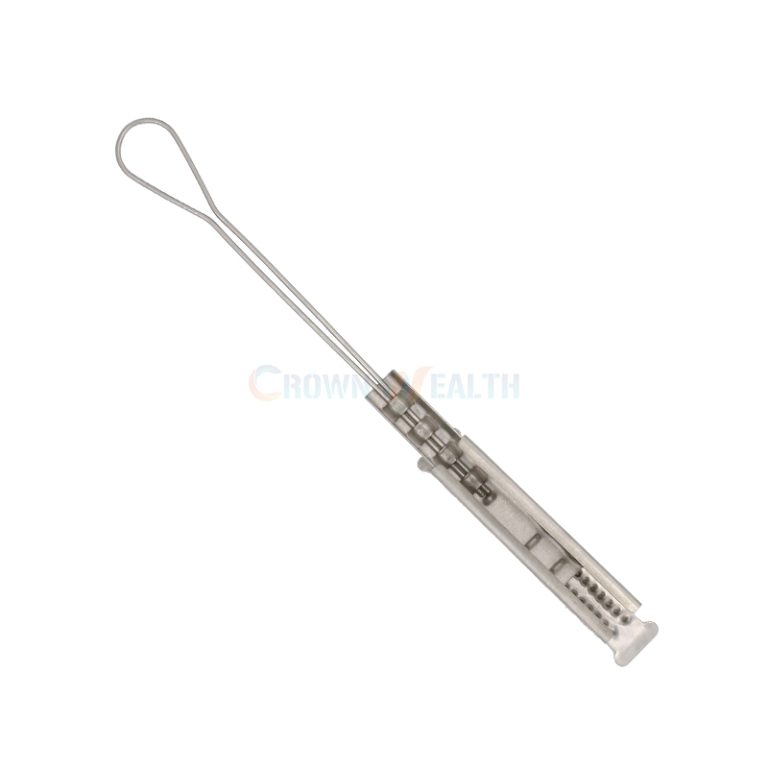



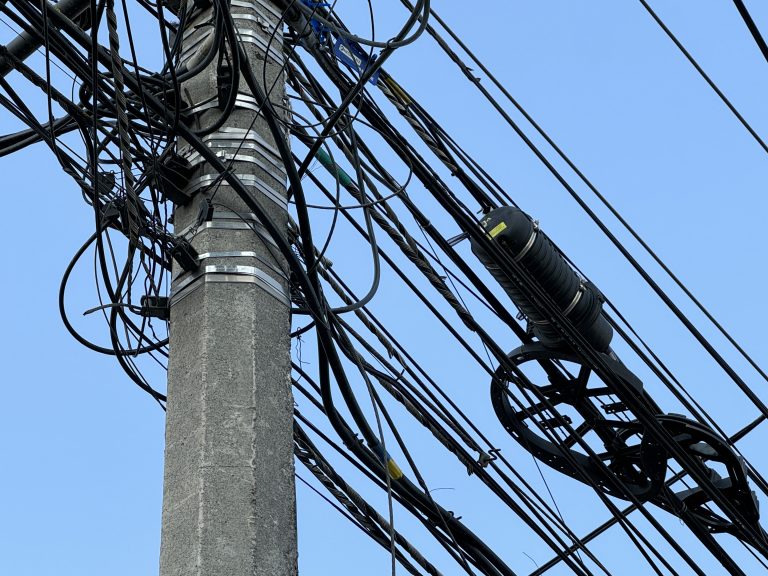
.jpg)
